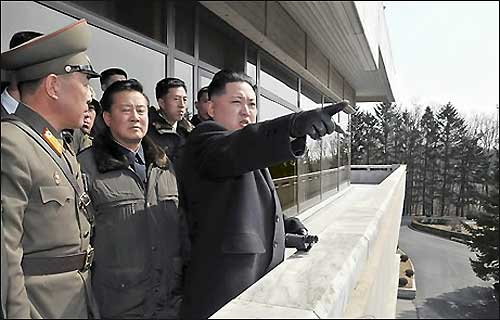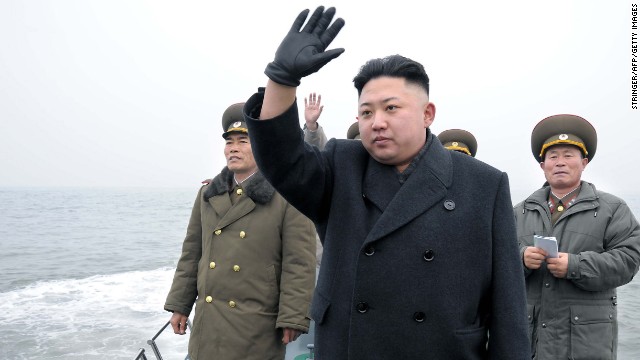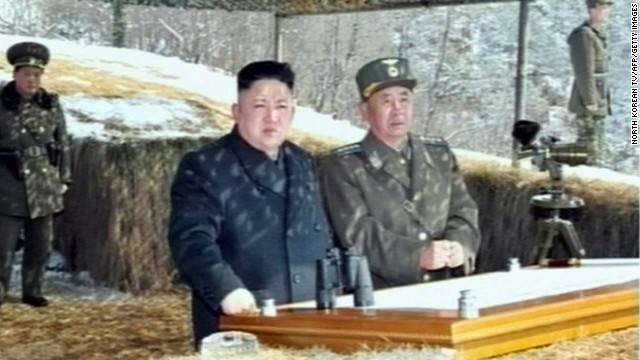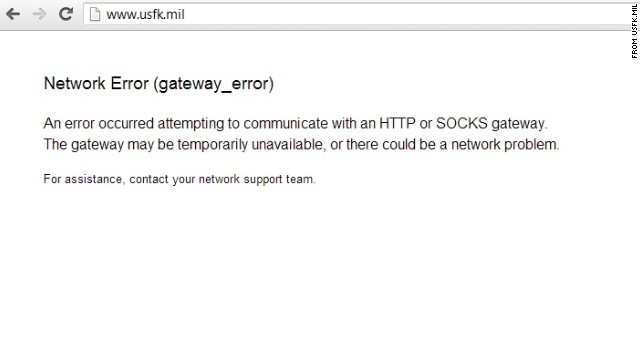North Korean Young Leader Kim Jong un officially visited the heavily armed border with rival South Korea, Panmunjon village in the DMZ. During his visit, Kim Jong un ordered troops to "maintain the maximum alertness as they are standing in confrontation with the enemies at all times." Furious about posting threatening slogans beneath portraits of Kim Jong Un and his deceased father by a South Korean military unit near Seoul, 150,000 North Koreans, both its citizens and military officials, rallied in Pyongyang's Kim Il Sung square, chanting slogans inciting violence against the South Korean president. We believe that the threats are aimed internally as Kim Jong Un bolsters his power among the elite and military as the third generation of his family to lead the country. However, nothing will change in the future. The ROK will likely ignore Kim Jong Un's official Panmunjom visit as it has no storng impact. Moreover, the international voice against North Korea and the wave of revolution within is irreversible.








